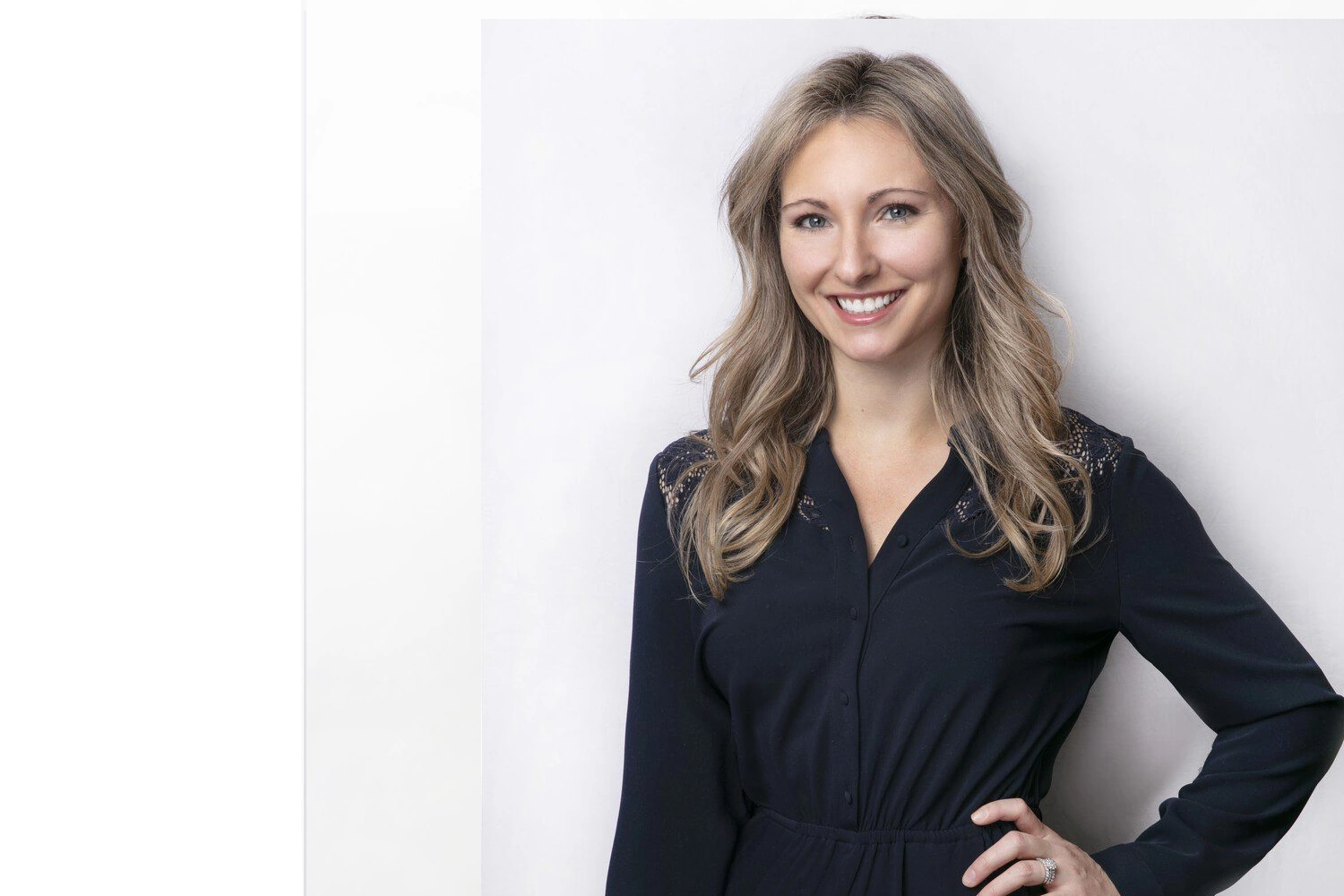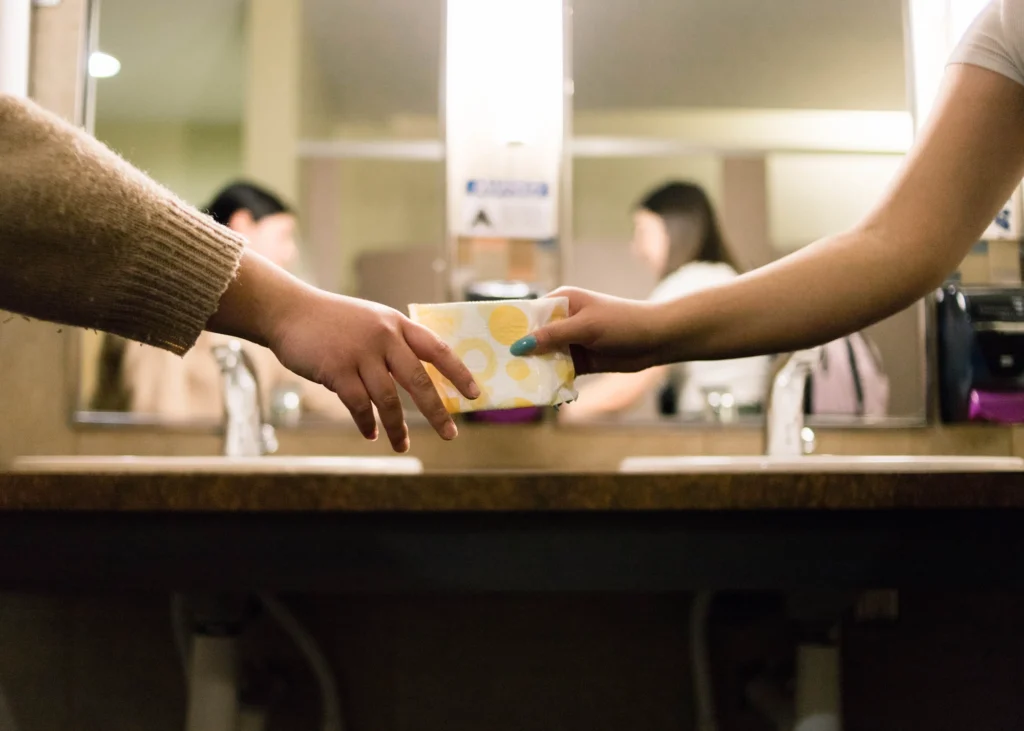Women's Health Library
Services: Health guides
Women's Health Library
Celebration OBGYN's Women's Health Library is a valuable online resource offering a diverse range of women's health guides. Covering topics from reproductive health to general well-being, this library serves as a comprehensive guide for women seeking reliable and informative content.
Browse our library of Women's Health Guides and Documents, available in English & Spanish, for improved health and wellness.

Women's Health Library
Reproductive Health Guides:
Our Women’s Health Library provides in-depth guides on reproductive health, addressing concerns related to menstrual health, contraception, fertility, and pregnancy. These guides are crafted to empower women with knowledge, helping them make informed decisions about their reproductive journey.
Health, Wellness and Lifestyle Guides:
In addition to reproductive health, the library offers guides focused on overall wellness and lifestyle. Topics include nutrition, exercise, mental health, and preventive care. These guides encourage a holistic approach to women’s well-being, emphasizing the interconnectedness of various aspects of health.
Expert Insights and Advice:
Our Women’s Health Library is curated by our healthcare professionals, ensuring that the information is accurate, reliable, and up-to-date. Women can trust that they are accessing insights from our Obgyn experts.
Our entire team is dedicated to you
We Help You Navigate Healthcare Decisions With Confidence
We Have Decades of Medical Experience and Providing Compassionate Care.

TEstimonials
What Our Patients Say
What an exceptional experience! I have never been to a nicer medical office. Ever! I was let called in after a second of completing my check in and everyone was so very nice. I wish i knew the name of the assistant that answered all our questions, she was very nice and informative. Don’t hesitate ladies!
The staff and everyone I met on the care team were extremely warm, kind, and knowledgeable. Although visit times are short, they made sure to explain everything thoroughly and made sure I understood. Even though they spoke quickly (lots of info to share in a short 15 minute slot) I never felt rushed or dismissed. I highly recommend this location and especially Dawn.



